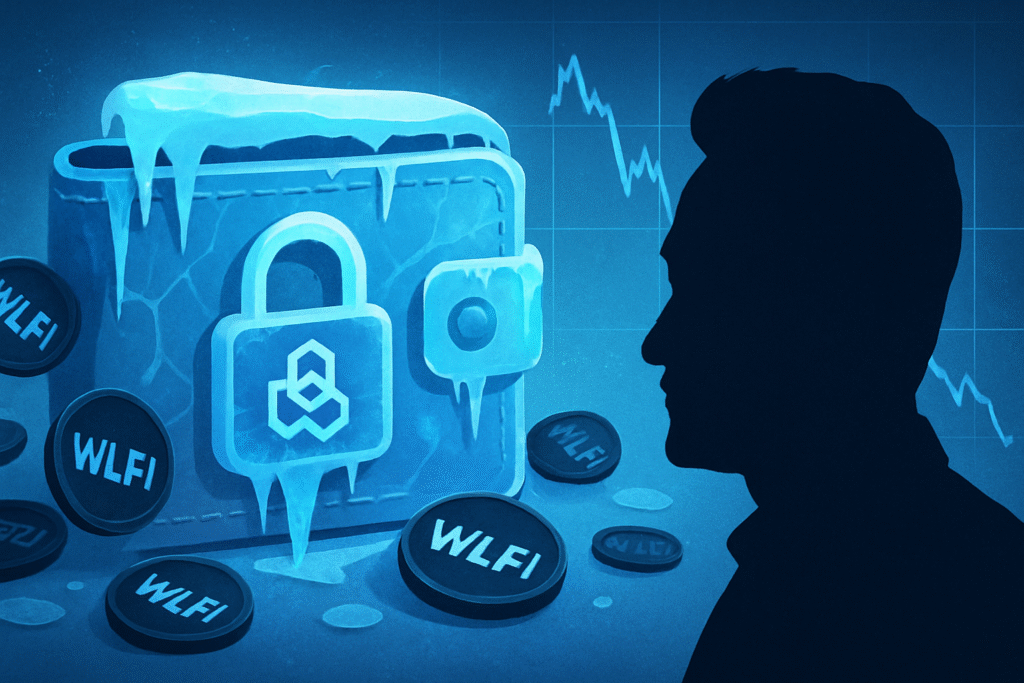
Key Takeaways
- Justin Sun’s WLFI wallet was blacklisted following $9 million in transfers, locking over $107 million in tokens and nearly 2.4 billion in vesting tokens.
- Sun maintains the transfers were merely tests, not sales, and insists he remains a long-term supporter.
- WLFI’s use of centralized controls has sparked intense scrutiny and debate about the future of decentralized finance governance.
- The token price tumbled, underscoring the sensitivity of crypto markets to governance shocks and insider conduct.
World Liberty Financial (WLFI), a high-profile decentralized finance project backed by former U.S. President Donald Trump, has blacklisted a crypto wallet address held by Justin Sun, the billionaire founder of Tron and key early investor in WLFI.
The move, which unfolded this week amid heightened scrutiny of the project, locked up more than $107 million in free-floating WLFI tokens, along with nearly 2.4 billion tokens still in vesting, effectively preventing Sun from accessing or transferring any of his substantial holdings.
Immediate Trigger: $9M Token Transfer Raises Red Flags
The blacklisting was triggered when on-chain analytics detected a transfer of approximately $9 million in WLFI tokens from Sun’s wallet to the HTX crypto exchange, which Sun owns and operates. This transaction reportedly alarmed WLFI’s governance, leading to the swift blacklisting of his address.
The WLFI project’s team invoked a “guardian” smart contract function—an on-chain security feature used to freeze wallets implicated in suspicious activity—drawing attention to the centralized controls within some so-called decentralized protocols.
Justin Sun’s Response: “Only Test Transactions”
Sun quickly took to X (formerly Twitter) to deny any intent to sell WLFI tokens, asserting the transfers were routine “exchange deposit tests” for security and operational purposes.
He emphasized no actual selling occurred, and that the activity “could not possibly have any impact on the market.”
Market and Governance Fallout
- Price Pressure: WLFI, which launched trading this week, saw its value crater after the blacklisting, erasing nearly a quarter of its market capitalization amid fears of insider selling and governance controversy.
- Governance Debate: The episode has ignited debate over the decentralization of WLFI. The project, while branded as DeFi, retains significant on-chain controls that allow the freezing of user assets—a feature typically absent in fully decentralized protocols. This centralization became starkly apparent as a single controlling address executed the blacklist function on Sun’s holdings.
- Investor Confidence: The move shocked the crypto community. Many traders and analysts questioned the security of non-custodial wallets in projects with such centralized escape hatches, while others pointed to the risk of politicized decision-making in projects backed by high-profile public figures.
Why This Matters
The blacklisting of a major investor’s address is virtually unprecedented in modern DeFi and highlights the tension between decentralization and centralized “kill switches.” It also raises questions about the long-term viability of projects that blend political figures with crypto-economics, as WLFI attempts to do. The incident is expected to have lasting repercussions for trust in governance and the security of digital asset holdings.
This development is likely to reverberate through the crypto world for months, setting new precedents for investor rights, governance, and the limits of decentralization in high-stakes digital asset projects.
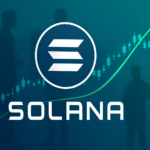





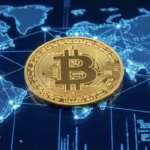

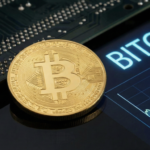



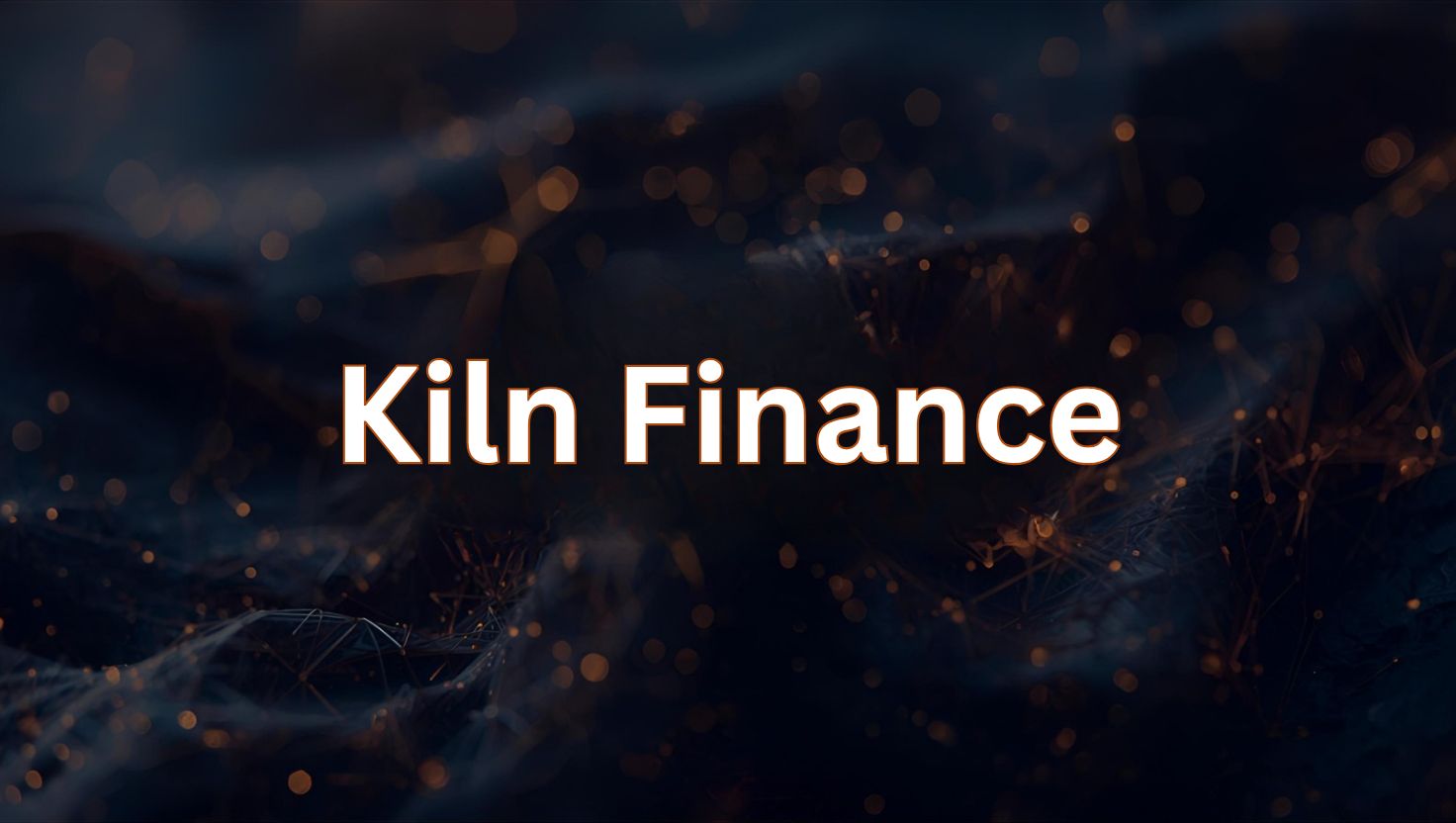
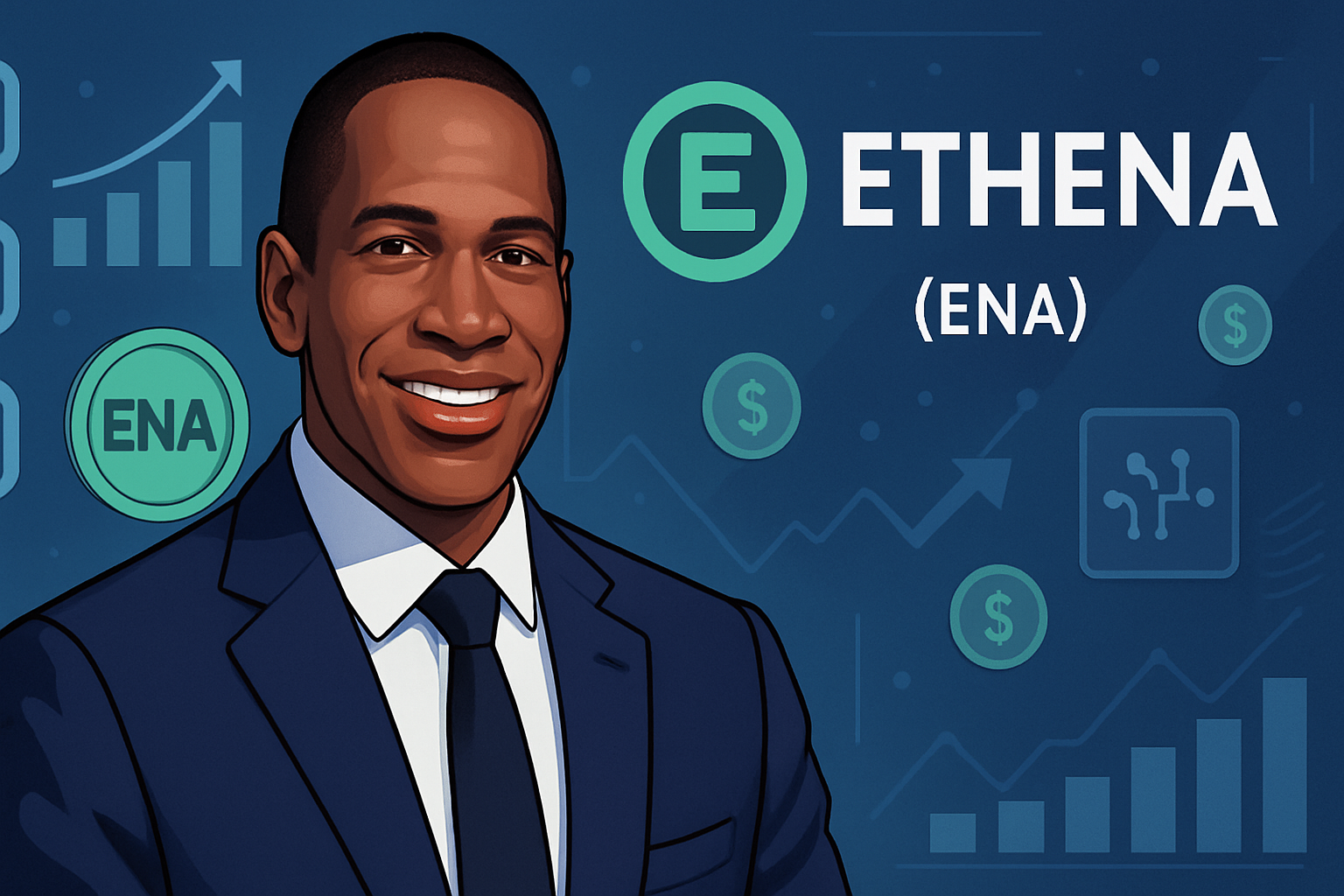
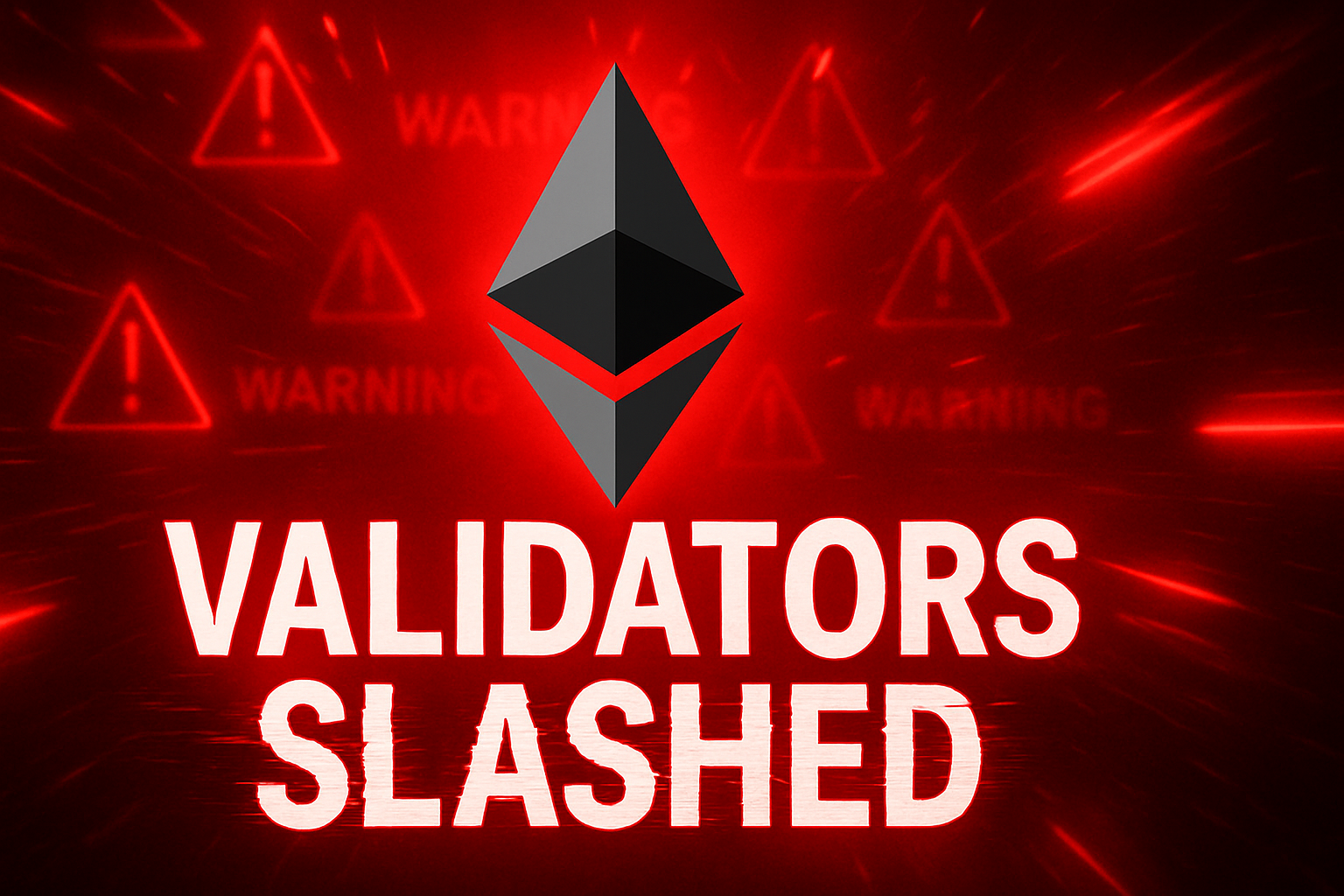

 Join our Telegram Channel
Join our Telegram Channel